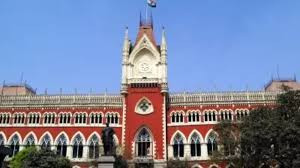Adhir Ranjan Chowdhury Demands Apology from Mamata Banerjee Over Murshidabad Violence
IIE DIGITAL DESK : The wake of recent communal unrest in Murshidabad, senior Congress leader Adhir Ranjan Chowdhury has called upon West Bengal Chief Minister Mamata Banerjee to issue a public apology to the residents of the district. The violence, which erupted during protests against the Waqf (Amendment) Act in April 2025, resulted in the deaths of three individuals and significant property damage. Chowdhury, a former Member of Parliament from Berhampore in Murshidabad, criticized the state administration's handling of the situation and urged for adequate compensation and employment opportunities for the affected families.
Chowdhury accused the state government of failing to maintain law and order, alleging that the administration did not act responsibly during the crisis. He emphasized the need for the Chief Minister to acknowledge the administration's shortcomings and to apologize to the people of Murshidabad for the violence and its aftermath.
The Congress leader also criticized Banerjee's visit to the violence-affected areas, describing it as "riot tourism." He questioned the timing of her visit, suggesting that it was a delayed response to the crisis.
In response to the unrest, Chief Minister Mamata Banerjee embarked on a two-day visit to Murshidabad, where she met with victims and their families. During her visit, she distributed compensation and assured the residents of the government's support. A state government survey reported that 109 houses were damaged during the violence.
The communal tensions in Murshidabad have sparked a broader political debate in West Bengal. While the opposition parties have criticized the state government's handling of the situation, the ruling Trinamool Congress has accused certain elements of attempting to incite communal unrest for political gain. The situation remains tense, with calls for accountability and justice from various quarters
As the state grapples with the aftermath of the violence, the focus remains on restoring peace and ensuring that such incidents do not recur. The demands for an apology and compensation highlight the need for effective governance and prompt action in times of crisis.
You might also like!















